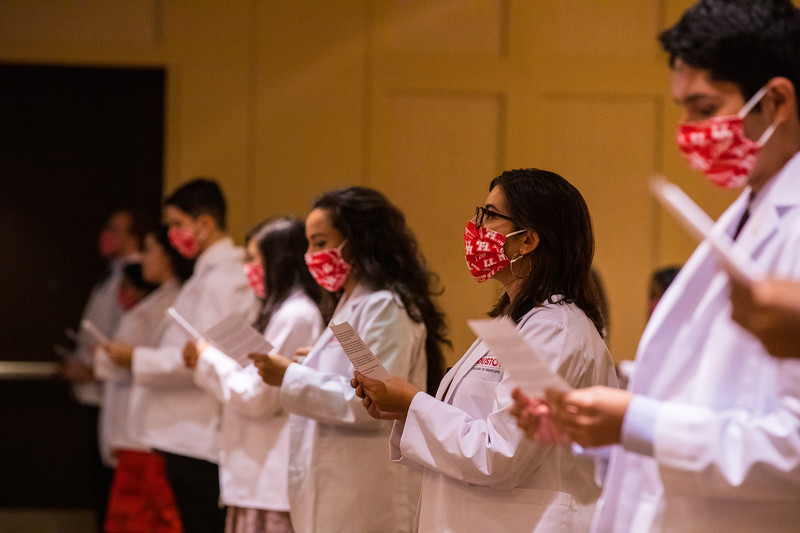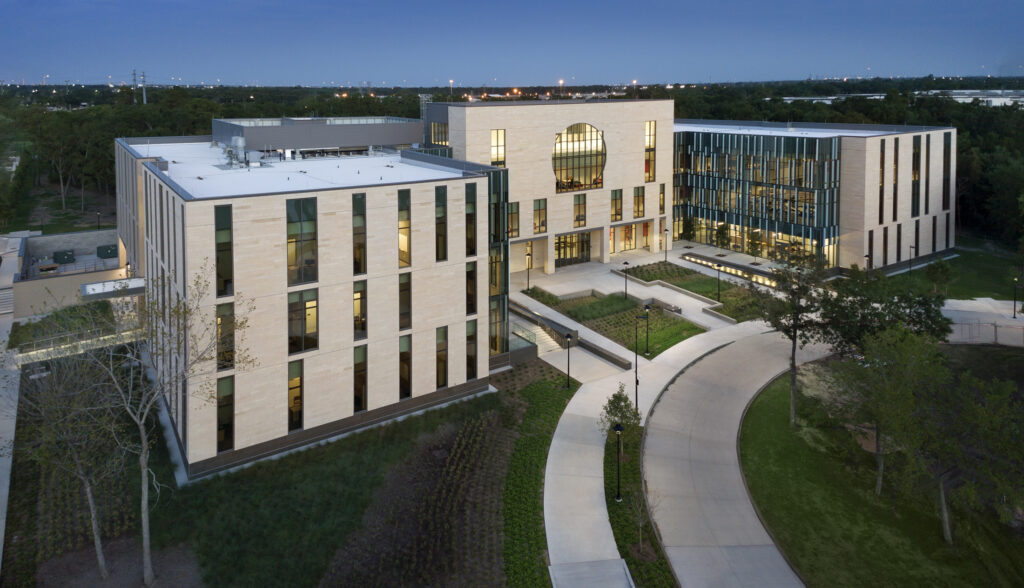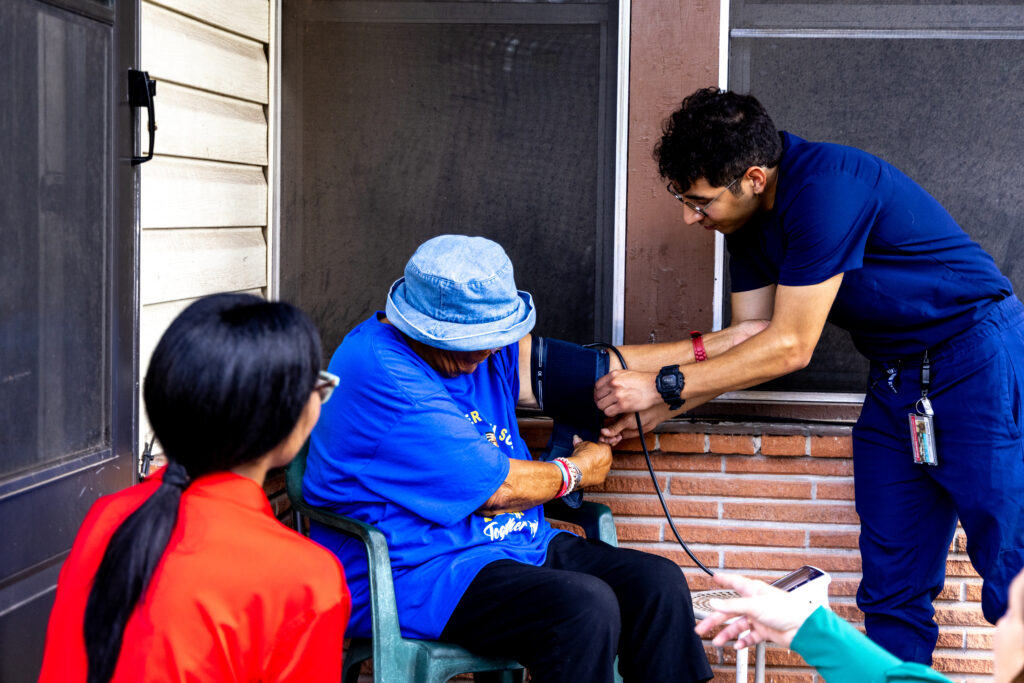By Max Hosaka with Grace Conroy

Nestled just beyond downtown Houston sits “the largest medical city in the world” – the Texas Medical Center (TMC). Yet, despite Texans’ and Houstonians’ proximity to the world’s leading site for innovation in medical technology and practice, Texas ranks forty-seventh out of the fifty states in primary care physicians per capita and has the highest rate of uninsured residents. Seeing this disparity, University of Houston (UH) president, Renu Khator, announced in 2014 that the university sought to establish a new College of Medicine – the region’s first in fifty years – to serve the local community and address the state’s shortage of primary care physicians. The College of Medicine would tackle Texas’s health disparities by educating its medical students about the importance of primary care physicians in underserved urban and rural communities.

From that moment on, the college’s development progressed quickly. In November 2017, the UH Board of Regents voted unanimously to create the College of Medicine. Two years later, in May 2019, Governor Greg Abbott signed HB 826 into law, approving funding for the college. The following February, the Liaison Committee on Medical Education, which grants medical schools the authority to issue doctor of medicine (M.D.) degrees, conferred preliminary accreditation. These efforts culminated in two seminal events: the welcoming of the college’s inaugural class in July of 2020 and its renaming as the Tilman J. Fertitta Family College of Medicine in May of 2022.
The Fertitta Family College of Medicine is unique in its practice of LPCs, as most medical schools begin clinical experience in the students’ third year of medical school.2 Maya explained why this is important, saying, “None of us are good at seeing patients at first.” By starting clinicals earlier, “We’ve got those beginning jitters out [of the way,] and we can sit down and have a normal conversation with a patient.”2 Exposing students to provider-patient interactions as early as possible better prepares new doctors to interact directly with the patients and, by extension, to the communities the physicians serve.

In 2022, the college became the Tilman J. Fertitta Family College of Medicine when the family generously donated $50 million toward its mission and growth. Tilman Fertitta acknowledged the passion and dreams his family has for the college, by declaring his hope that it will “be a game-changer for the health and well-being of Texans by improving access to quality health care, advancing medical knowledge, and improving patient care through health and health care research.” By the turn of the next decade, the Tilman J. Fertitta Family College of Medicine hopes to be nationally recognized for graduating physicians who choose to continue as primary care providers for the underserved, educating physicians who are underrepresented minorities, and contributing to measurable improvements in underserved health communities.
To read the full article, click here to read the pdf on Buy Magazines above to purchase a print copy or subscribe.

 Follow
Follow